Opinion
The ASEAN race toward $250-M and $500-M exports
0 0 Google +0 0
 |
Posted on January 17, 2017
The Philippines is far behind in the race for billion-dollar exports of ASEAN (Association of Southeast Asian Nations) countries. In 2014, the leaders were Thailand with 12 product exports and Vietnam with eight. Indonesia had six, Singapore four, Malaysia three and the Philippines had only two (see Table 1).

|
RELATED STORIES
 M. A. P. Insights — Rolando T. Dy: “Growing agriculture to reduce poverty: The simple math”
 M. A. P. Insights — Pacita U. Juan: “Women in tech”
 M. A. P. Insights — Pacita U. Juan: “Why go public?”
 M. A. P. Insights — Marife B. Zamora: “Working together to achieve inclusive prosperity”
 M. A. P. Insights — Rolando T. Dy: “Let’s fix our trade statistics”
|
Meanwhile, among ASEAN economies, these are the countries which were able to send off exports of $500M to less than $1 billion. Indonesia had six export products in the range and Malaysia with five. Thailand had two and Vietnam, one. The Philippines and Singapore had none. In Asia and Australasia, China had 16 and India, 12, which make them have the most diversified exports (see Table 2).
Exports ($250M to less than $500 million). Indonesia had the most diversified base at 10, followed by Malaysia at seven, Thailand, six, and Vietnam, five. The Philippines had three while Singapore at two was last. In Asia, China has a wide spread of agri-food exports compared to India at four. Australia and New Zealand had six and five, respectively (see Table 3).
Based on the findings, Thailand and Indonesia had by far the most diversified exports in the ASEAN. The total number of exports from $250M to over $1B were: 22 for Indonesia, 20 for Thailand, 15 for Malaysia, 14 for Vietnam, six for Singapore, and five for the Philippines.
The Philippines is not in the league among the leading agribusiness countries. The reasons have been glaring for too long: low farm productivity, undiversified base, and in turn, weak agri-manufacturing. It is a result of a lack of focus in rural development and poverty alleviation.

Click to enlarge

Click to enlarge

Click to enlarge
The article reflects the personal opinion of the author and does not reflect the official stand of the Management Association of the Philippines or the M.A.P.
Rolando T. Dy is the Vice-Chair of the M.A.P. AgriBusiness and Countryside Development Committee, and the Executive Director of the Center for Food and AgriBusiness of the University of Asia & the Pacific.
